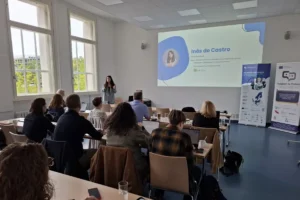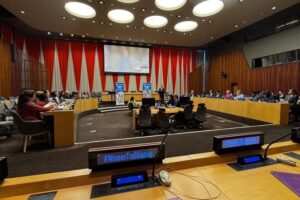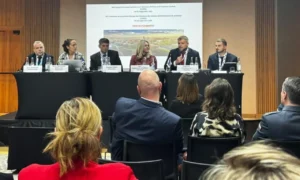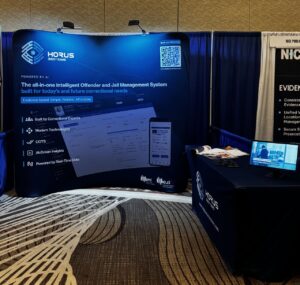Over the past three years, the REFUGIN project has been fostering the long-term integration of youngsters in refugee-like situations, ensuring a safe new place in their new communities. This commitment has now been recognised with a nomination in the Research for Social Services category at the European Social Services Awards.
Recognising that the responsibility for adaptation is too often placed solely on refugees, overlooking the fact that integration must be a mutual and bidirectional process shared between newcomers and host communities, the REFUGIN project sought to engage civil society and educational institutions in building intercultural competencies and welcoming communities.
Over a three-year period, ranging from 2022 to 2025, the project focused on fostering synergies within civil society and educational spheres to promote refugee integration by strengthening the capacities of non-governmental actors, particularly educators and NGO practitioners. Beyond supporting these professionals, REFUGIN aimed to achieve a broader impact across educational and community settings.
Through innovative methodologies and diverse activities, the project has contributed to the development of more tolerant and inclusive societies, having successfully delivered several significant outcomes, including:
- Created an interactive network with 93 members from 59 worldwide organisations.
- Developed a toolkit with 130 resources in English, Portuguese, Spanish and French and tailored training materials for CSOs and educational practitioners.
- Trained over 150 certified practitioners on best practices for engaging youth in refugee-like contexts.
- Equipped 58 young people in refugee-like situations with a tailored course to address the challenges of forced migration.
- Organised 3 active and comprehensive training events, each gathering around 40 practitioners.
- Compiled a handbook of best practices on integration policies and organisational strategies across partner countries.
- Implemented a comprehensive mentoring programme across 8 partner countries to support personal, professional, and social development, alongside frameworks for schools and NGOs to promote intercultural activities and inclusive communication.
At the project’s final conference, held in June in Lisbon, Portugal, more than 50 practitioners came together to discuss the project’s achievements and explore how these outcomes can be leveraged to foster the sustained integration of refugee youth, particularly in light of the current European context.
The discussions emphasised the importance of cooperation and networking, highlighting several core areas of impact:
- Local needs and best practices: Drawing from various data-collection methods, several challenges related to integration (e.g. education, housing, mental health) were identified, departing from practitioners’ own insights.
- Continuous capacity building: The project’s training approach was in the spotlight, with clear data on its impact on practitioners and youth.
- Mentoring: Reminding that integration is about building connections, the project’s mentoring approach was presented, benefiting from the testimonies of mentors and mentees.
- Interculturality: Showcasing how interculturality brings host communities with refugees together, the project’s newly developed frameworks for schools and for NGOs were presented.
The conference underscored that sustainable change is only possible when civil society, governmental bodies, and educational institutions work collaboratively. It also reaffirmed that participatory, bottom-up approaches offer the greatest potential for long-term, meaningful impact.
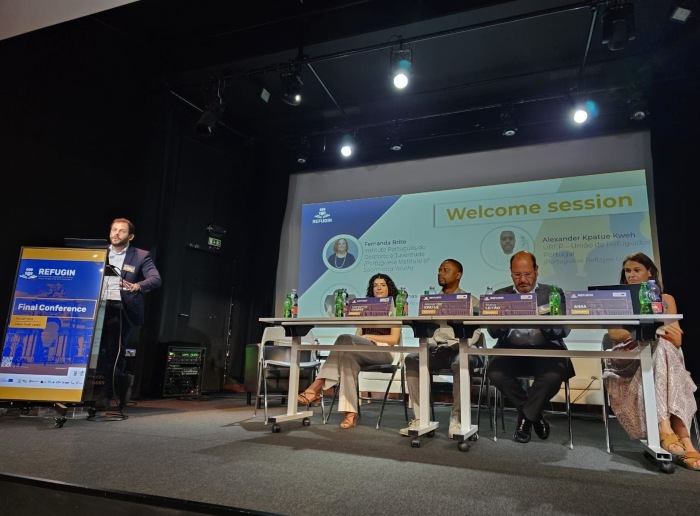
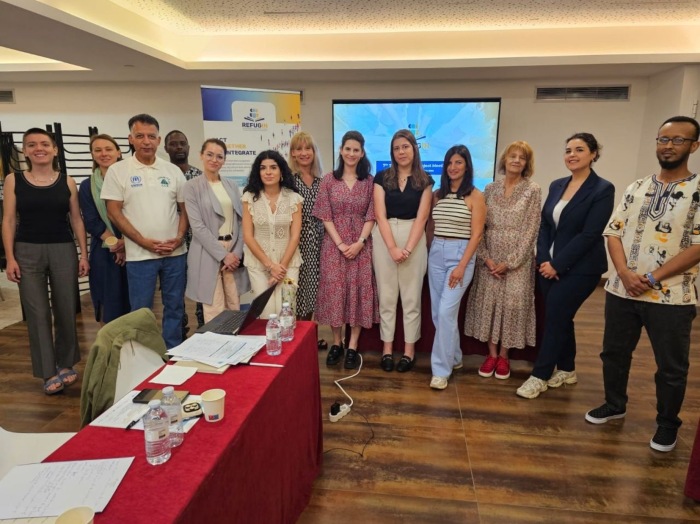
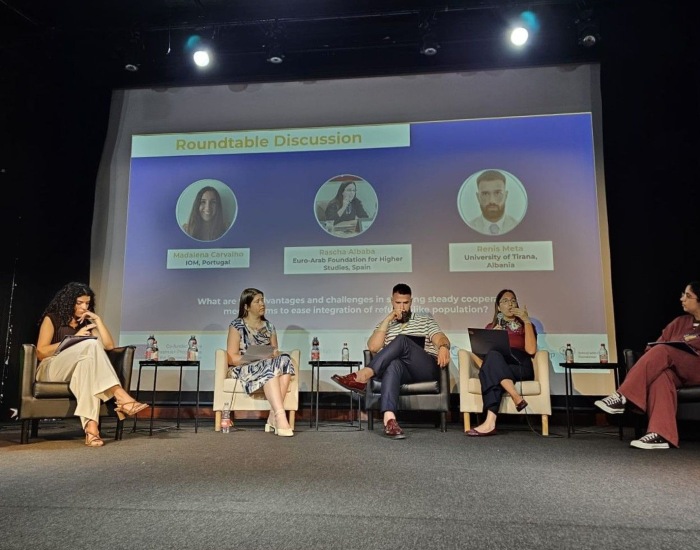
More recently, these achievements, along with the project’s important mission and impact, led to REFUGIN’s nomination in the Research for Social Services category at the European Social Services Awards 2025, which recognise innovative initiatives addressing the social, economic, and cultural needs of communities across Europe.
IPS is a proud partner of this initiative, whose success was made possible through the collaboration of a diverse European consortium uniting human rights and social innovation organisations, research institutions, educational foundations, and community-based associations.
Know more about this project
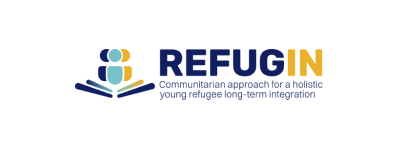
REFUGIN
Communitarian approach for a holistic young refugee long-term integration
The REFUGIN project consortium is led by the Les Militants des Savoirs Association (France), and partnered by IPS_Innovative Prison Systems (Portugal), KMOP Social Action and Innovation Centre (Greece), UNITED For Intercultural Action (Hungary), UREP – União de Refugiados em Portugal (Refugees Union in Portugal), the School with Class Foundation (Poland), the Helsinki Committee for Human Rights in Serbia , EaSI – European Association for Social Innovation (Romania), and the Charity Centre for Refugees in Moldova.
For more information on the REFUGIN project, please visit its page.
Related projects
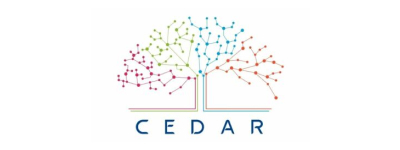
CEDAR
Continuing Education Against Radicalisation

COOPERHATE
Delivering a comprehensive approach to preventing, reporting, investigating and prosecuting hate crime and hate speech-related incidents in Portugal

DIGIDEM
Fostering Digital Democracy and Citizenship in Higher Education

EUTEx
Developing a European framework for disengagement and reintegration of extremist offenders and radicalised individuals in prison

FUTURE-ART
Sentinels of the Future: Together to Eradicate Human Trafficking
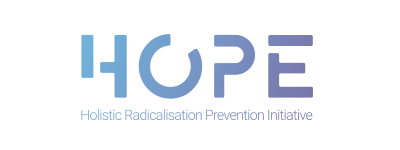
HOPE
Holistic Radicalisation Prevention Initiative (Balkan countries)

IN2PREV
Law enforcement and community cooperation and training approach to prevent radicalisation by ensuring refugees’ successful inclusion
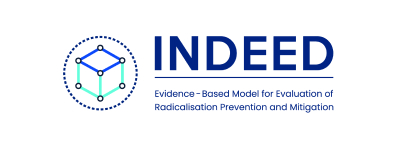
INDEED
Strengthening a comprehensive approach to preventing and counteracting radicalisation based on a universal evidence-based model for evaluation of radicalisation prevention and mitigation

INTEGRA
Integrated Community, Probation and Prison Services Radicalisation Prevention Approach

KOBAN
Identifying future capabilities for Community Policing
Related news
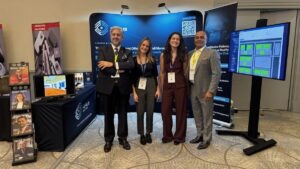
Shaping the future of rehabilitation with immersive tools and smart systems at ICPA 2025
Read More »